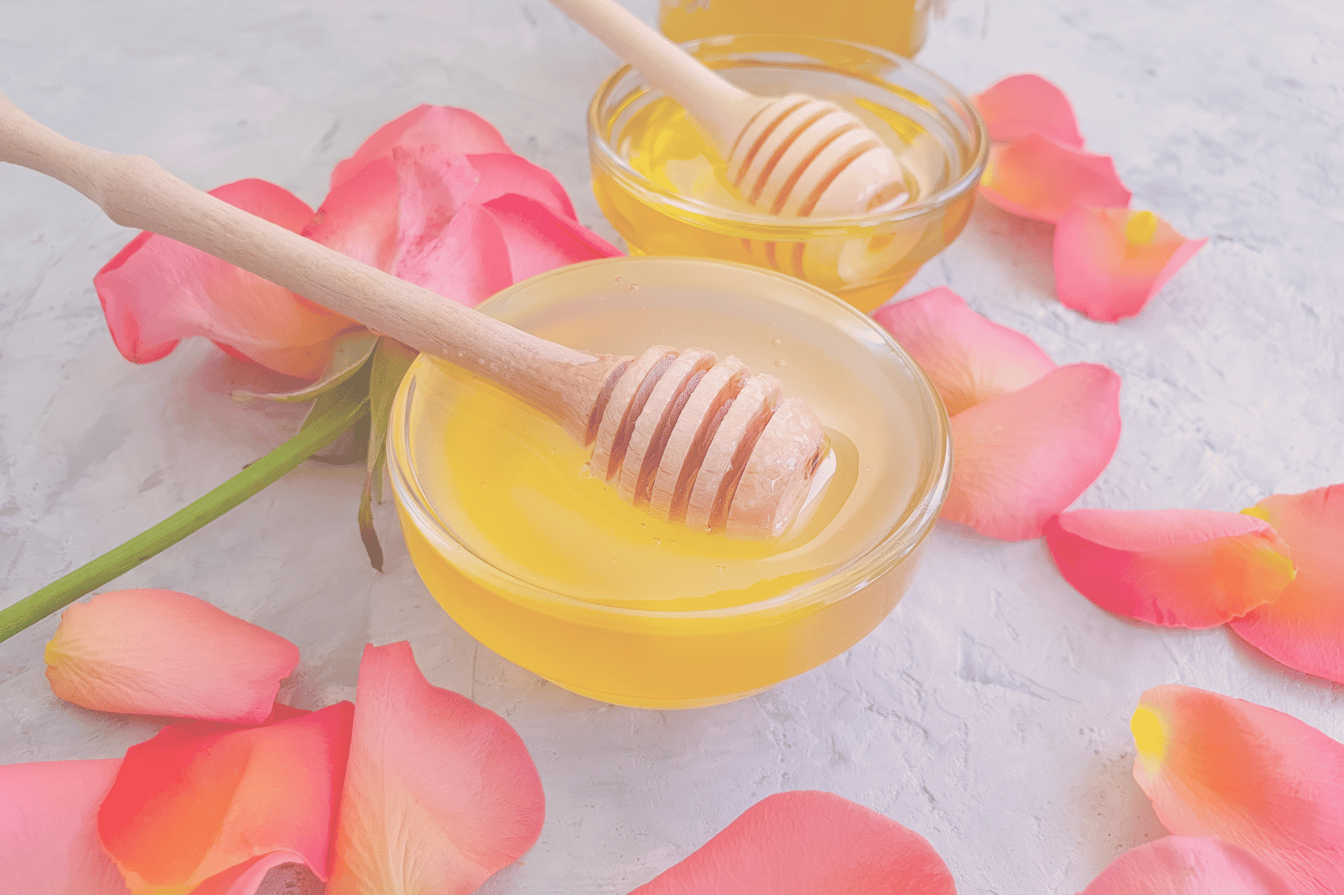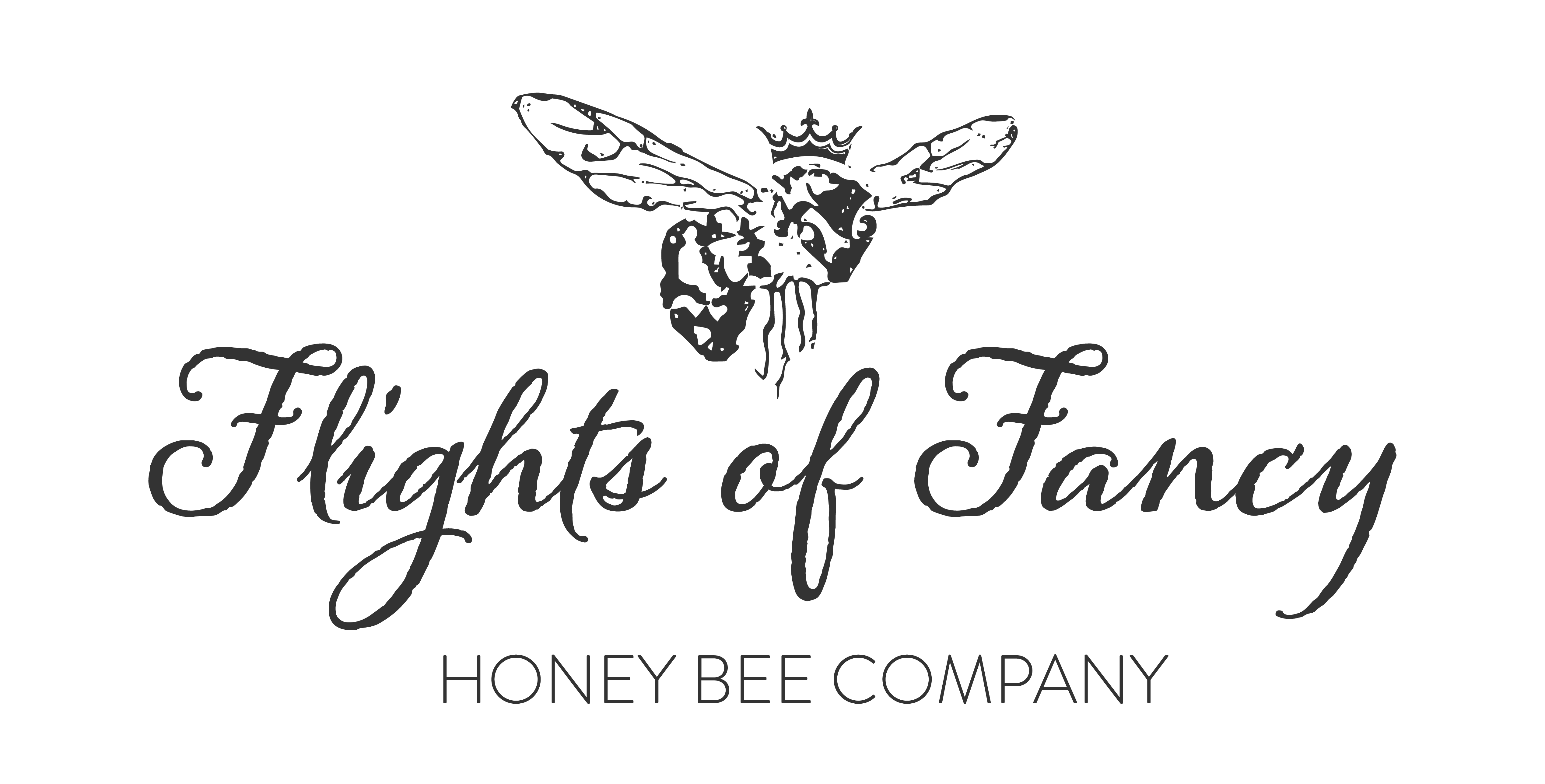The Sweet Spell of Love: The Myths, Lore, and History of Honey and Romance

Honey has long been associated with love, passion, and the divine. From ancient courtships to mystical love spells, this golden elixir has been woven into romantic traditions across cultures and centuries. As Valentine’s Day approaches, it’s the perfect time to explore the enchanting history of honey in love, courtship, and desire. Whether as an offering to gods of passion, an ingredient in love potions, or a symbol of sweetness in marriage, honey’s role in romance is as rich as its golden hue.
Honey and the Gods of Love: A Divine Elixir
In many ancient cultures, honey was considered a sacred gift from the gods, often associated with love and fertility. The Greeks believed honey was a divine substance, linked to Aphrodite, the goddess of love and beauty. Offerings of honey were left at her temples in hopes of securing her favor in matters of the heart. The Romans followed suit, incorporating honey into their festivals honoring Venus, the goddess of love.
Key Myth: The Honey of Aphrodite
Legend says that Aphrodite anointed herself with honey before meeting her lovers, ensuring her beauty was as irresistible as her charm. Honey was also believed to be an aphrodisiac, capable of kindling desire and strengthening romantic bonds.
The Honeymoon Tradition: A Sweet Beginning
The very word “honeymoon” stems from an ancient tradition involving honey. In many early civilizations, including the Norse and Babylonians, newlyweds drank honey mead—a fermented honey beverage—daily for a full moon cycle after their wedding. This practice was believed to enhance fertility, ensure happiness, and bring good fortune to the couple.
Key Myth: The Mead of Love
A Norse legend tells of the “Mead of Poetry,” a magical honey brew gifted by the gods. It was said that those who drank this mead would gain wisdom and eloquence—qualities essential in the art of love and seduction.
Honey in Love Spells and Magic
Throughout history, honey has been a key ingredient in love spells and potions. In medieval Europe, witches and herbalists created honey-infused elixirs to attract affection and deepen bonds between lovers. Honey was thought to “sweeten” one’s words and intentions, making it a powerful tool for romance.
Key Myth: The Enchanted Honey Potion
A popular love spell involved writing the name of one’s desired partner on a piece of parchment, dipping it in honey, and placing it under one’s pillow. If the dreamer saw their beloved in their sleep, the love was said to be true and destined to flourish.
The Beekeeper’s Proposal: Honey as a Token of Love
In some cultures, offering honey was a traditional way of proposing marriage. In ancient Persia, a suitor would gift a jar of honey to his intended bride’s family as a symbol of his sincerity and ability to provide. A similar tradition was found in India, where honey was used in wedding ceremonies to symbolize the sweetness and prosperity of the union.
Key Myth: The Bride’s Honey Gift
A Persian folktale tells of a young man who wooed his beloved by leaving small jars of honey on her doorstep. Each jar contained a message of devotion, sealed with wax from his family’s own bees. When she accepted the final jar, their love was sealed as sweetly as the honey itself.
Sacred Bees: Messengers of Love
Bees themselves have often been seen as divine messengers, bringing love and harmony. In ancient Egyptian mythology, bees were believed to have been created from the tears of the sun god Ra, symbolizing purity and connection to the divine. In European folklore, bees were thought to whisper secrets of love and fate to those who listened closely.
Key Myth: The Whispering Bees
A medieval legend tells of a maiden who wished to know the name of her true love. She released a bee from a hive and followed its flight—wherever it landed, it was said, she would find her destined partner.
Honey and the Heart: A Symbol of Eternal Love
Honey’s natural preservative qualities have also made it a symbol of enduring love. Just as honey never spoils, true love is believed to be timeless and unbreakable. Ancient Egyptians sealed honey jars in tombs, ensuring that love would last beyond death and into the afterlife.
Key Myth: The Eternal Honey of Love
A tale from ancient Egypt speaks of a queen who placed a jar of honey beside her husband’s sarcophagus, believing their love would be preserved forever. When the tomb was opened centuries later, the honey was still perfectly intact—a testament, perhaps, to love’s immortality.
Beware the Cursed Honey: Love Turned Sour
While honey is usually a symbol of love and sweetness, folklore warns of its dangers as well. Some legends speak of “cursed honey,” used to deceive lovers or bind them against their will. In certain superstitions, honey stolen from a hive without permission was said to bring bad luck to relationships.
Key Myth: The Poisoned Honey
A cautionary Greek myth tells of a scorned lover who laced honey with a bitter herb, causing the object of her affection to become sickly and withdrawn. The warning? Love, when tainted with deceit, turns bitter no matter how sweet it once was.
Embracing the Honeyed Lore of Love
Honey has played an enduring role in love, passion, and devotion throughout history. Whether sipped from a goblet, whispered to the bees, or gifted as a token of romance, its presence in love’s lore is undeniable. As Valentine’s Day approaches, consider adding a touch of honey to your celebrations—perhaps as a sweet gift, a golden ingredient in a special meal, or even as part of a love spell of your own.
After all, love and honey share a timeless truth: the sweetest things in life are meant to be savored.
Explore Flights of Fancy Honey Bee’s Valentine’s Collection of Ontario honey, honeycomb, hand-crafted beeswax candles, and bath & body items.
Other Posts You Might Enjoy:
About The Author
wilding.stephanie
Related Posts
Sweet Traditions: The Enchanting Role of Honey in Holiday Lore
Throughout history, honey has been more than a sweet treat; it has served as a…
December 18, 2024Crafting Your Own Yule Log Traditions
Winter can be a challenging time of year, with limited daylight, cold temperatures, and a…
December 9, 2021Error: API requests are being delayed for this account. New posts will not be retrieved.
There may be an issue with the Instagram access token that you are using. Your server might also be unable to connect to Instagram at this time.






